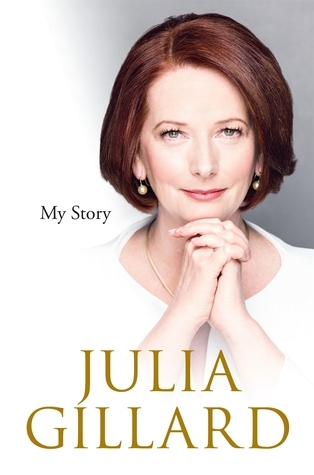What do you think?
Rate this book


504 pages, Hardcover
First published September 24, 2014
"my mind was shouting, for fucks sake. After all the shit I have to put up with, now I have to listen to Abbott lecturing ME on sexism. For fucks sake!"
What difference does a male dominance of the media make to the reporting of the work of the government I led and specific reporting about me? I honestly do not know. What I do know is that I was not a graduate of the boys drinking circles involving male editors, male reporters and male politicians.
I do know when I exhibited anger in a telephone call that the obligations of "off the record" were breached in relation to me and I was described as 'hysterical', the word men facing anger from a women so often choose.
... Even before becoming Prime Minister I had observed that if you are a women politician, it is impossible to win on the question of family. If you do not have children, then you are characterised as out of touch with 'mainstream lives' and if you do, then heavens! who is looking after them?